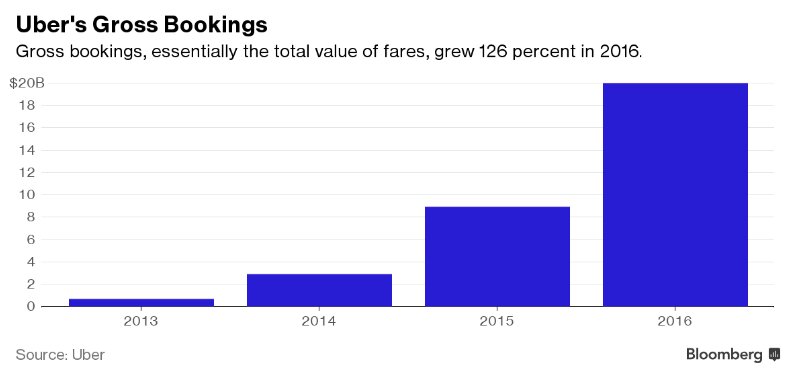On December 2018, Uber lost an appeal over driver employment rights. In a close vote (2-1), judges from the U.K. Court of Appeal endorsed a lower court’s ruling stating that drivers should be classed as workers with access to the minimum wage and paid holidays. Under U.K. employment law, there is a distinction between “workers” and “employees” where the latter enjoy more rights, like maternity leave. Thus, Uber may face now higher labour costs in the U.K. and this isn’t good news for a company whose biggest operational cost is precisely labour.
Uber may appeal the ruling to the U.K. Supreme Court, but it has slim chances to succeed as precedents aren’t favourable for the company. Lower tribunals in the U.K. have put more emphasis in the control that companies exercises on its employees or workers, rather than the language of the contracts, to determine the category of a employee. Both, EU and U.K. courts have previously considered Uber a transportation, not software company, subject to rules that these companies have to observe.
Interestingly, regulators and courts across Europe are pushing Uber to look and act as a transportation company, but this may play out well for the ride-hailing company. Despite the higher operational costs, these decisions help the company to navigate the turbulent regulatory waters that is facing. Rather than blanket prohibitions, courts in the U.K. or France are limiting, but not banning Uber services. In Spain, courts are helping Uber and Cabify to get more licenses. This could eventually allow Uber to become a monopoly as it is increasing bookings, driver and revenue much faster than any competitor. Besides, companies seeking entry or expansion in these markets will also have higher costs to bear.

Last, Uber’s court defeat may be good news for JustEat, its competitor in the food-delivery market. JustEat may just got an unexpected advantage over its rivals as the company isn’s as exposed to driver’s labor claims as Uber and Deliveroo. These two companies rely heavily on a fleet of delivery staff while JustEat let local restaurants to do the delivery. While UberEats and Deliveroo aren’t legally bound by this recent ruling, the similarities with Uber in their employment arrangements suggest they could likewise be subject to claims and also face higher labor costs.
